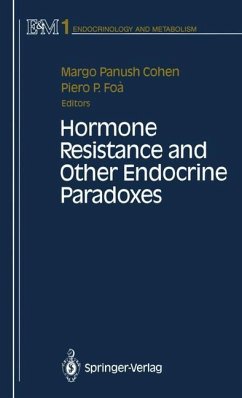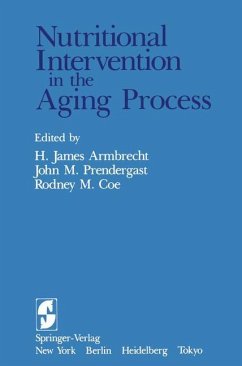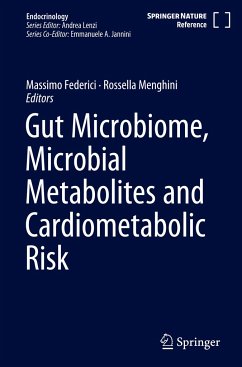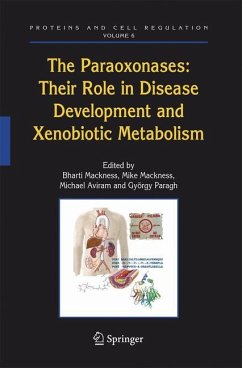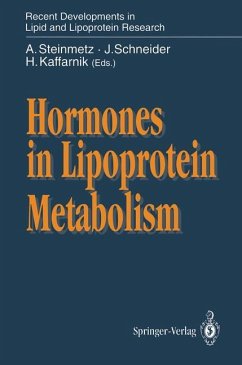
Endocrine Function and Aging

PAYBACK Punkte
38 °P sammeln!
One of the hallmarks of aging is the decreased capacity to adapt to changes in the environment. In a constant, controlled environment, it is often difficult to distin guish the functioning of the young organism from that of the old. However, when stresses are applied-temperature stresses, dietary stresses, infection, emotional stresses-the differences are more apparent. Frequently, the response ofthe old is delayed and may never reach the same mag'nitude as the young. These responses, in most cases, are mediated by the neuroendocrine system, which communicates via hormones, neurotransmitters, ...
One of the hallmarks of aging is the decreased capacity to adapt to changes in the environment. In a constant, controlled environment, it is often difficult to distin guish the functioning of the young organism from that of the old. However, when stresses are applied-temperature stresses, dietary stresses, infection, emotional stresses-the differences are more apparent. Frequently, the response ofthe old is delayed and may never reach the same mag'nitude as the young. These responses, in most cases, are mediated by the neuroendocrine system, which communicates via hormones, neurotransmitters, and related substances. Thus, it is important to understand the age-related changes that take place in the secretion and act ion of these substances and how these changes relate to the well-being of the whole organism. Indeed, the "neuroendocrine theory of aging" proposes that almost all of the characteristics of aging can be accounted for by dysfunction of the neuroendocrine system. A book on endocrine function and aging is particularly relevant at this time. With the advent of the techniques of molecular biology, there has bee~ an explo sion of knowledge concerning hormone secretion and action. Hormones, pro hormones, hormone receptors, and "second messenger" mediators rapidly are being cloned and sequenced. Such knowledge gives us important insights into the molecular workings of these substances as well as into the genetic hasis of endo crine dysfunction. These new tools are now being applied to the problem of age related changes in endocrine function.





